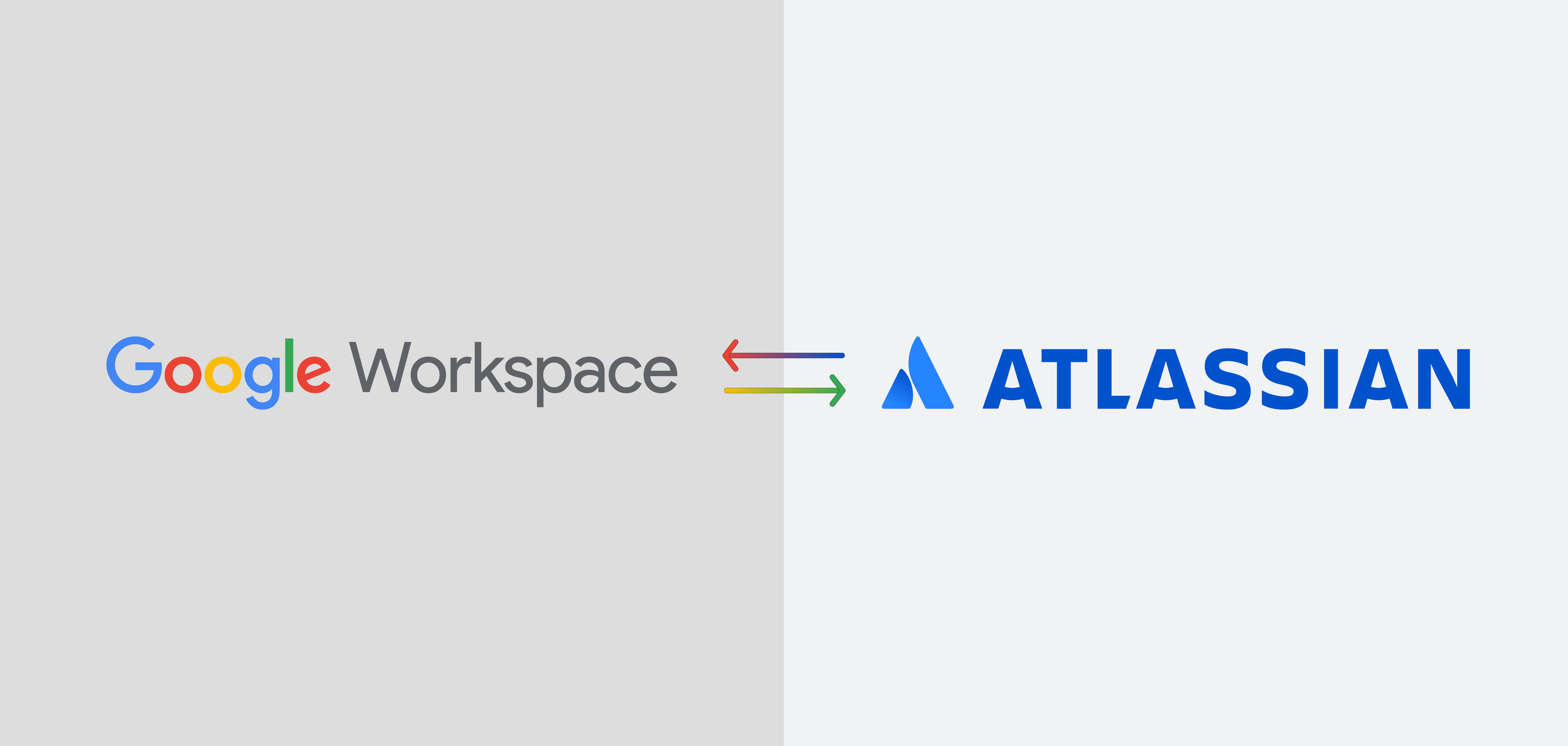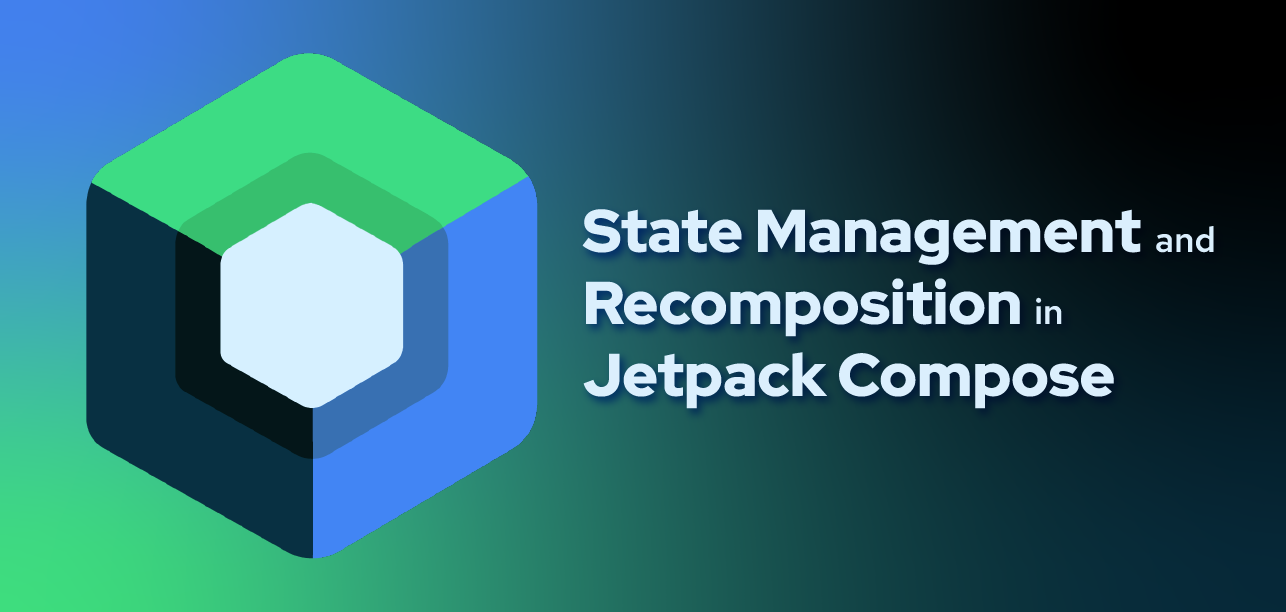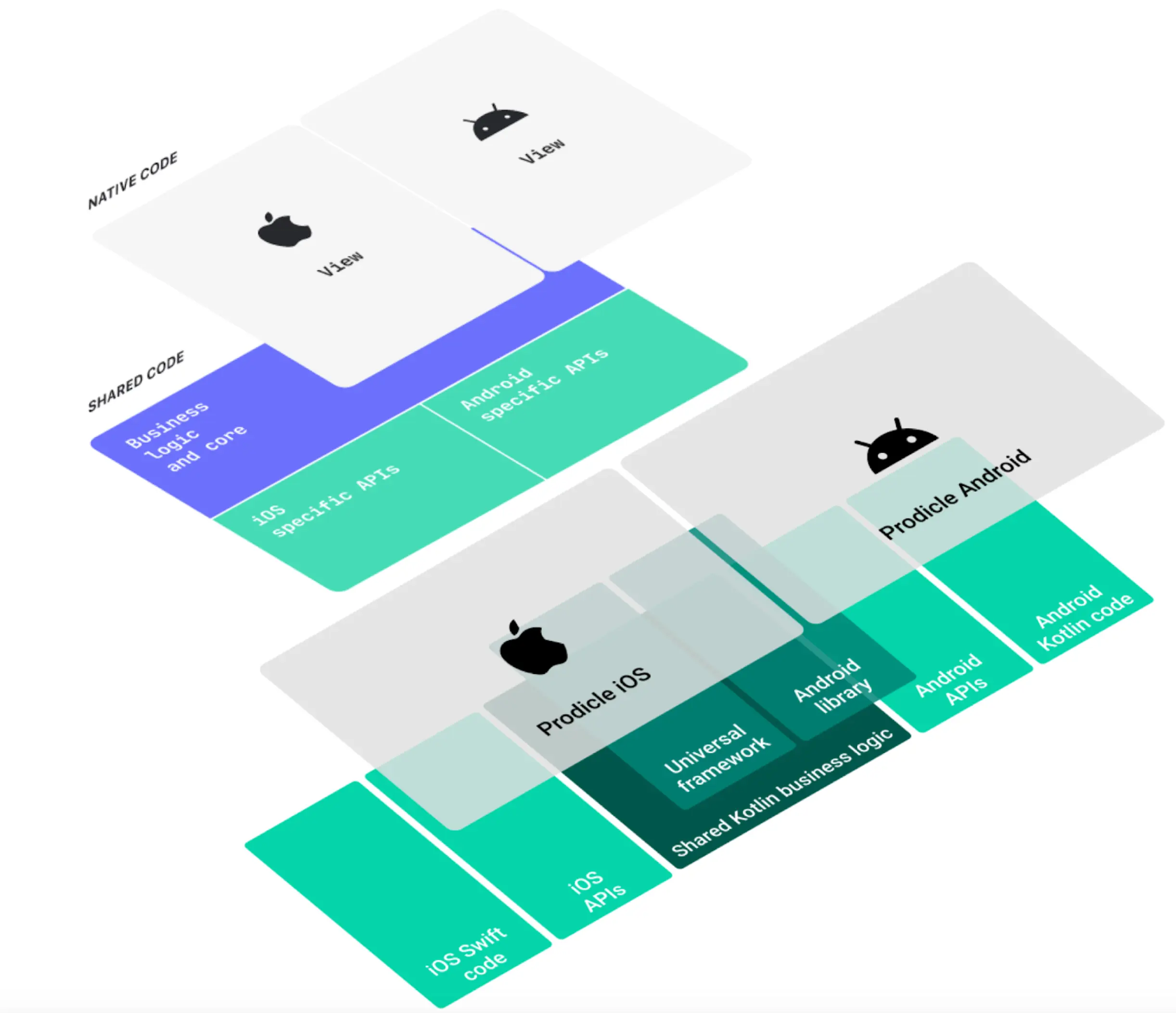
Cloud computing has revolutionized the IT industry, allowing businesses to leverage scalable and flexible resources to meet their computing needs. With a plethora of cloud providers available in the market, it can be overwhelming to choose the right one for your business. In this blog post, we will compare some of the top cloud providers, including Google Cloud, AWS, Azure, VMware, Oracle Cloud, Tencent Cloud, and Alibaba Cloud, to help you make an informed decision.
Cloud Computing: Unleashing the Power of Scalability and Flexibility
Cloud computing enables businesses to access computing resources, such as virtual machines, storage, and databases, over the internet on a pay-as-you-go basis. This eliminates the need for businesses to invest in expensive hardware and infrastructure, and allows them to scale their resources up or down based on their requirements. Cloud computing also provides businesses with the flexibility to access their resources from anywhere, at any time, making it ideal for modern businesses that require agility and mobility.
Comparing Cloud Providers: The Battle of the Titans
- Google Cloud: Known for its cutting-edge technologies, Google Cloud offers a wide range of cloud services, including computing, storage, networking, machine learning, and more. Its global network of data centers allows businesses to deploy their applications and services in a highly available and scalable manner. Google Cloud also offers unique features such as BigQuery for big data analytics and TensorFlow for machine learning, making it a popular choice for businesses with advanced data processing and AI requirements.
- AWS (Amazon Web Services): As a pioneer in the cloud computing industry, AWS offers a comprehensive suite of cloud services, including computing, storage, networking, database, analytics, and more. AWS boasts a vast global infrastructure, with data centers spread across different regions and availability zones, providing businesses with high availability and low latency. AWS also offers a wide range of tools and services for DevOps, making it a preferred choice for businesses that emphasize automation and agility.
- Azure (Microsoft Azure): Microsoft Azure is a cloud platform that provides a wide range of services, including computing, storage, networking, databases, machine learning, IoT, and more. With its strong integration with Microsoft's existing tools and services, Azure is a popular choice for businesses that are already using Microsoft technologies. Azure also offers hybrid cloud capabilities, allowing businesses to seamlessly extend their on-premises environment to the cloud.
- VMware Cloud: As a leader in virtualization, VMware offers a cloud platform that enables businesses to extend their on-premises environment to the cloud seamlessly. VMware Cloud provides businesses with the ability to run their existing VMware workloads in the cloud without the need for rearchitecting their applications. This makes it an ideal choice for businesses that have a significant investment in VMware technologies and want to leverage the cloud without significant changes to their existing infrastructure.
- Oracle Cloud: Oracle Cloud offers a comprehensive set of cloud services, including computing, storage, networking, databases, analytics, and more. Oracle Cloud is known for its strong capabilities in enterprise applications, making it a preferred choice for businesses that require seamless integration with Oracle's existing applications, such as ERP and CRM. Oracle Cloud also offers unique features, such as the Autonomous Database, which uses machine learning to automate database management tasks, making it a popular choice for businesses that require advanced database capabilities.
- Tencent Cloud: As one of the leading cloud providers in China, Tencent Cloud offers a wide range of cloud services, including computing, storage, networking, databases, AI, and more. Tencent Cloud has a strong presence in the Chinese market, making it a preferred choice for businesses that require cloud services in China. Tencent Cloud also offers unique features such as WeChat Mini Program Cloud Development, which allows businesses to develop and deploy mini programs within the WeChat ecosystem, making it a popular choice for businesses targeting the Chinese market.
- Alibaba Cloud: As the largest cloud provider in China, Alibaba Cloud offers a comprehensive suite of cloud services, including computing, storage, networking, databases, analytics, and more. Alibaba Cloud has a strong presence in Asia, making it a preferred choice for businesses that require cloud services in the Asian region. Alibaba Cloud also offers unique features such as Anti-Bot Service, which uses machine learning to detect and block bots in real-time, making it a popular choice for businesses that require enhanced security capabilities.
Load Balancers: Ensuring High Availability and Scalability
- Load balancing is a critical component of cloud computing that ensures high availability and scalability of applications and services. Load balancers distribute incoming network traffic across multiple servers or resources to prevent overloading and ensure efficient resource utilization. Let's take a look at the load balancing offerings of some of the top cloud providers:
- Google Cloud: Google Cloud offers the Cloud Load Balancing service, which distributes traffic across multiple instances in multiple regions, providing global load balancing for applications and services. It supports both HTTP(S) and TCP/UDP traffic and provides advanced features such as auto-scaling, SSL offloading, and content-based routing.
- AWS: AWS offers the Elastic Load Balancing (ELB) service, which distributes traffic across multiple Amazon EC2 instances, containers, and IP addresses, providing high availability and scalability for applications and services. It supports both HTTP(S) and TCP/UDP traffic and provides advanced features such as auto-scaling, SSL offloading, and health checks.
- Azure: Azure offers the Azure Load Balancer service, which distributes traffic across multiple virtual machines or virtual machine scale sets, providing high availability and scalability for applications and services. It supports both HTTP(S) and TCP/UDP traffic and provides advanced features such as inbound and outbound NAT, SSL offloading, and custom health probes.
- VMware Cloud: VMware Cloud offers the NSX Advanced Load Balancer, which provides load balancing capabilities for applications and services running in VMware environments, both on-premises and in the cloud. It supports both traditional and modern applications, provides advanced features such as application-layer security, and integrates seamlessly with VMware's existing tools and services.
- Oracle Cloud: Oracle Cloud offers the Load Balancing service, which distributes traffic across multiple instances or backend sets, providing high availability and scalability for applications and services. It supports both HTTP(S) and TCP/UDP traffic and provides advanced features such as SSL offloading, health checks, and session persistence.
- Tencent Cloud: Tencent Cloud offers the Cloud Load Balancer service, which distributes traffic across multiple CVM instances, providing high availability and scalability for applications and services. It supports both HTTP(S) and TCP/UDP traffic and provides advanced features such as custom health checks, session persistence, and bandwidth control.
- Alibaba Cloud: Alibaba Cloud offers the Server Load Balancer service, which distributes traffic across multiple ECS instances or SLB instances, providing high availability and scalability for applications and services. It supports both HTTP(S) and TCP/UDP traffic and provides advanced features such as SSL offloading, health checks, and bandwidth control.
Potential Savings for Small and Medium-Sized Businesses by Moving to the Cloud
One of the significant benefits of moving infrastructure to the cloud is cost savings, particularly for small and medium-sized businesses (SMBs). Traditional on-premises IT infrastructure can be expensive to set up and maintain, with costs associated with hardware, software licenses, maintenance, upgrades, and staffing. Cloud providers offer a pay-as-you-go pricing model, where businesses only pay for the resources they use, without upfront costs or long-term commitments. This can result in potential savings for SMBs in several ways:
- Reduced Capital Expenditure (CapEx): Moving to the cloud eliminates the need for upfront investments in hardware, software, and infrastructure, reducing CapEx costs for SMBs. Cloud providers take care of the infrastructure and maintenance, allowing businesses to focus on their core competencies without the burden of heavy capital investments.
- Operational Expenditure (OpEx) Savings: Cloud providers offer flexible pricing models, allowing businesses to scale resources up or down based on their needs. This eliminates the need for overprovisioning and allows SMBs to pay only for the resources they actually use, resulting in OpEx savings. Additionally, cloud providers often offer bundled services and discounts, further reducing operational costs for SMBs.
- Increased Efficiency and Agility: Cloud computing enables SMBs to quickly provision and deploy resources, reducing the time and effort required to set up and manage infrastructure. This increases operational efficiency and agility, allowing SMBs to respond to changing business needs faster and more effectively.
- Access to Advanced Technologies: Cloud providers offer a wide range of advanced technologies and services, such as artificial intelligence, machine learning, big data analytics, and IoT, that may not be affordable or feasible for SMBs to implement on their own. By leveraging these technologies from the cloud, SMBs can gain a competitive edge and accelerate their innovation.
Current Offerings by Azure and AWS for Startups
Azure and AWS, being two of the leading cloud providers, offer special programs and benefits for startups to help them accelerate their growth. Let's take a look at some of their current offerings:
- Azure for Startups: Azure offers the "Azure for Startups" program, which provides startups with up to $120,000 in free Azure credits to use across a wide range of Azure services. Startups also get access to technical support, business mentorship, and networking opportunities. Additionally, Azure offers specialized services for building and deploying AI and machine learning applications, which can be valuable for startups working in these areas.
- AWS Activate: AWS offers the "AWS Activate" program, which provides startups with up to $100,000 in free AWS credits to use across a wide range of AWS services. Startups also get access to technical support, training resources, and business mentorship. AWS also offers specialized services for building and deploying IoT applications, which can be beneficial for startups working in the IoT space.
Emerging Technologies in Cloud Computing
Cloud computing is a rapidly evolving field, and several emerging technologies are shaping the future of cloud computing. Let's take a look at some of these technologies:
- Serverless Computing: Serverless computing, also known as Function-as-a-Service (FaaS), allows developers to write and deploy code without the need to manage servers. Cloud providers automatically handle the scaling, monitoring, and maintenance of the infrastructure, making it easier and more cost-effective for businesses to run applications.
- Edge Computing: Edge computing involves processing data closer to the source of data generation, rather than sending all the data to a centralized cloud data center. This can reduce latency and improve the performance of applications that require real-time processing, such as IoT applications.
- Hybrid Cloud: Hybrid cloud involves using a combination of public cloud and private cloud or on-premises infrastructure to store and manage data and applications. Hybrid cloud allows businesses to take advantage of the benefits of both public and private clouds, such as scalability, flexibility, and security.
- Containers and Kubernetes: Containers are lightweight and portable units of software that encapsulate applications and their dependencies, making it easier to develop, package, and deploy applications across different environments. Kubernetes is an open-source container orchestration platform that automates the deployment, scaling, and management of containerized applications. Containers and Kubernetes enable businesses to build and deploy applications more efficiently and reliably, making them popular choices for modern cloud computing deployments.
- Quantum Computing: Quantum computing is a cutting-edge technology that uses the principles of quantum mechanics to perform complex computations. Quantum computers have the potential to revolutionize various industries, including drug discovery, financial modeling, and cryptography. Cloud providers are starting to offer quantum computing services, providing businesses with access to this emerging technology without having to invest in expensive quantum hardware.
Conclusion
Cloud computing has transformed the way businesses operate, offering scalability, flexibility, and cost savings. When comparing cloud providers like Google Cloud, AWS, Azure, VMware, Oracle Cloud, Tencent Cloud, and Alibaba Cloud, it's important to consider factors such as pricing, performance, features, and support. Load balancers play a crucial role in distributing traffic across multiple servers to ensure high availability and optimal performance of applications. Small and medium-sized businesses can benefit from potential cost savings by moving their infrastructure to the cloud, as it reduces capital expenditure, operational costs, and increases efficiency and agility. Azure and AWS also offer specialized programs for startups to accelerate their growth. Emerging technologies such as serverless computing, edge computing, hybrid cloud, containers and Kubernetes, and quantum computing are shaping the future of cloud computing and providing businesses with new opportunities for innovation. As the cloud computing landscape continues to evolve, it's important for businesses to stay updated with the latest trends and choose the cloud provider that best fits their unique requirements and goals. So, whether you're a startup, a small business, or an enterprise, exploring the offerings and advancements of various cloud providers can open up exciting possibilities for your business in the digital age. Happy cloud computing!














